Bean dregs
The residue left from grinding soybean milk is a high-quality fertilizer, containing protein, vitamins and carbohydrates. It is non alkaline. After manual treatment, it is especially suitable for the growth of flowers and seedlings
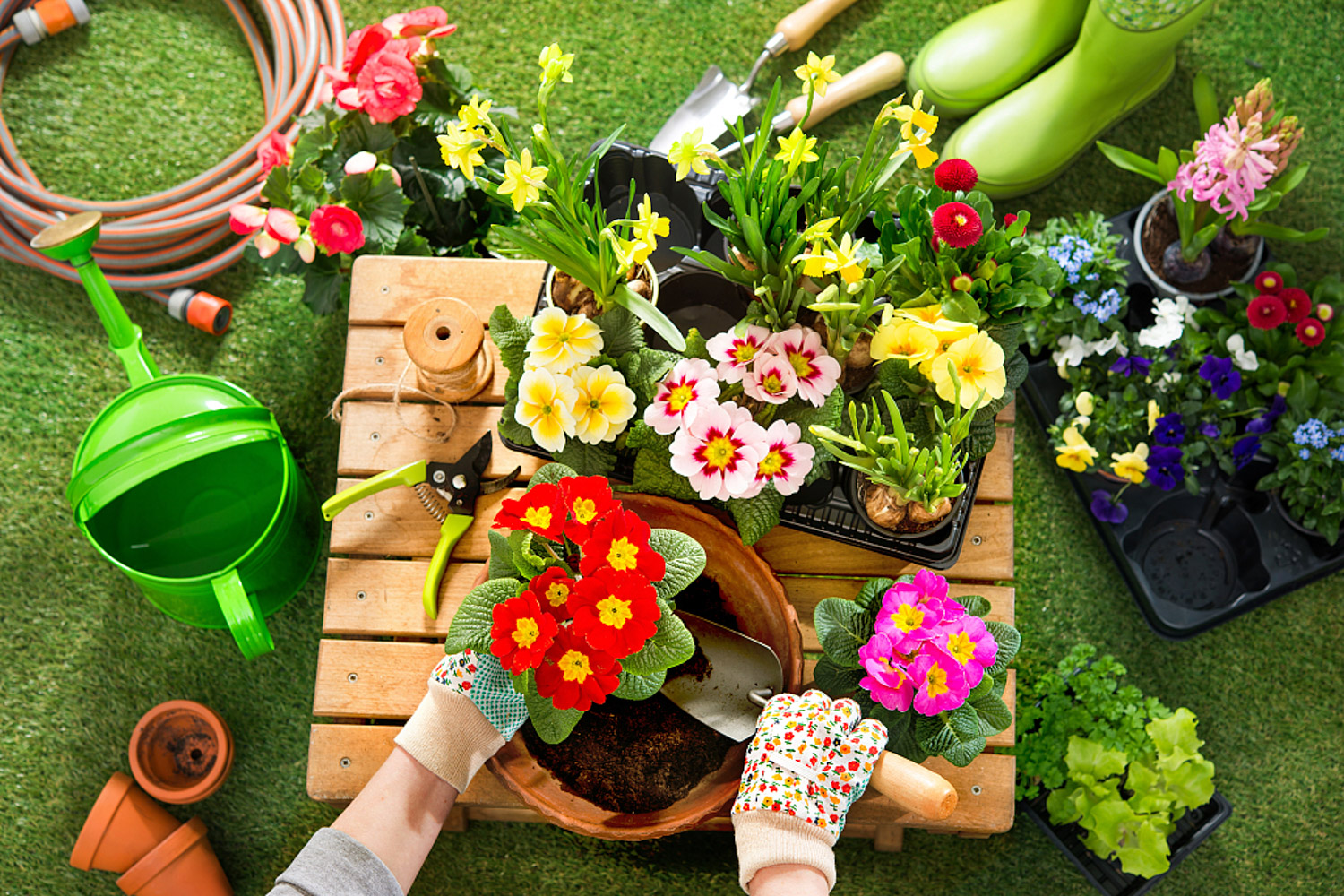
1. Buried soil fermentation
Mix the wet bean dregs with the soil, knead them into a ball, put them in a flower pot and seal them with a plastic bag. They can be used for fertilization in about two months (about a month if the temperature is high). They can be used as base fertilizer, and the effect is very good

2. Submerged fermentation

Mix bean dregs and water 1:10 and put them in a sealed container. Be careful not to fill them too full. Gas may be produced during fermentation, which is easy to burst due to poor exhaust
During fermentation, orange peel can be added to ferment together to remove peculiar smell. When in use, dilute the water directly and water the flowers and plants at intervals
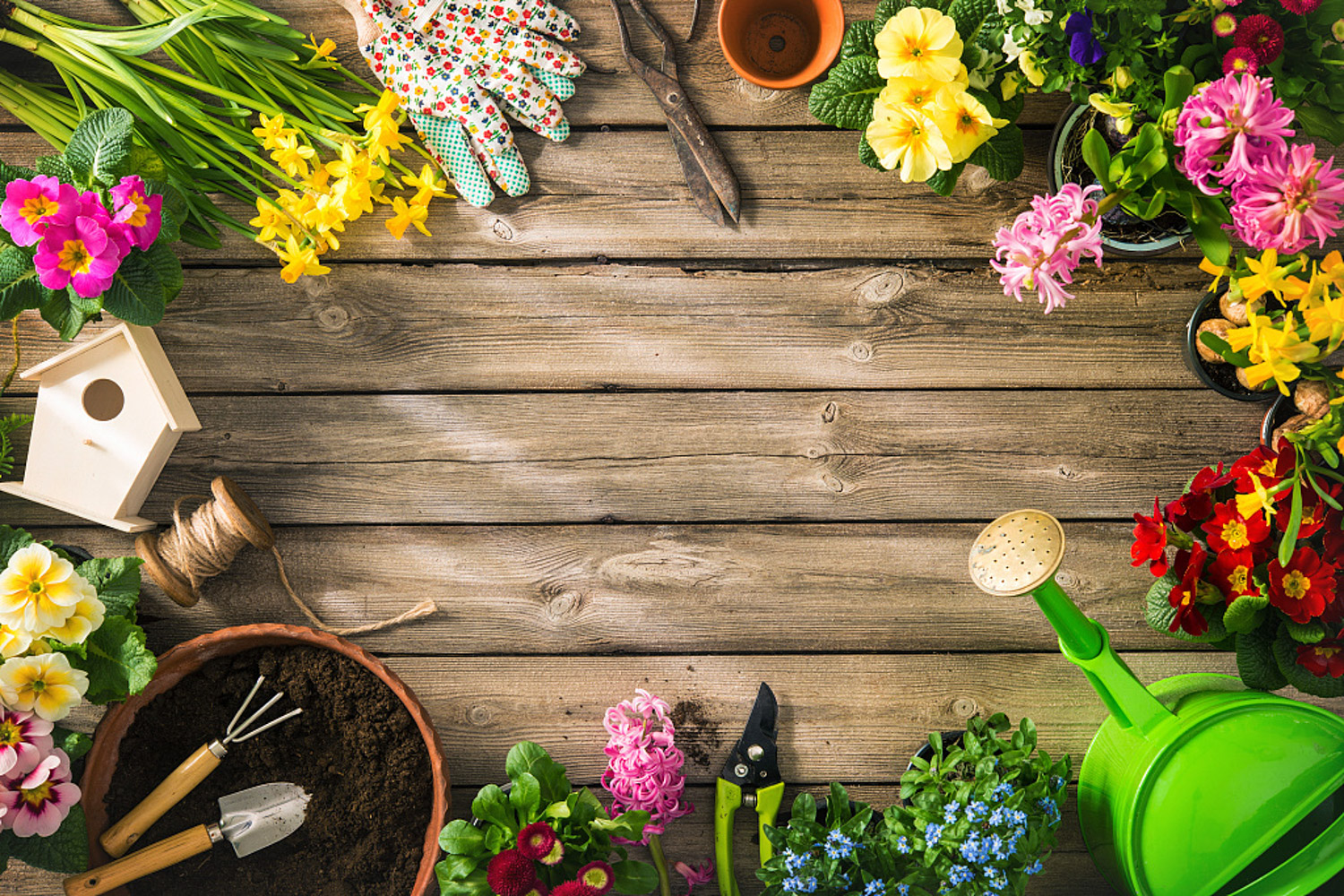
Eggshell
The nutrients such as phosphorus, calcium, iron, zinc and magnesium contained in the eggshell are conducive to plant growth. Adding them into the soil can improve the pH of the soil
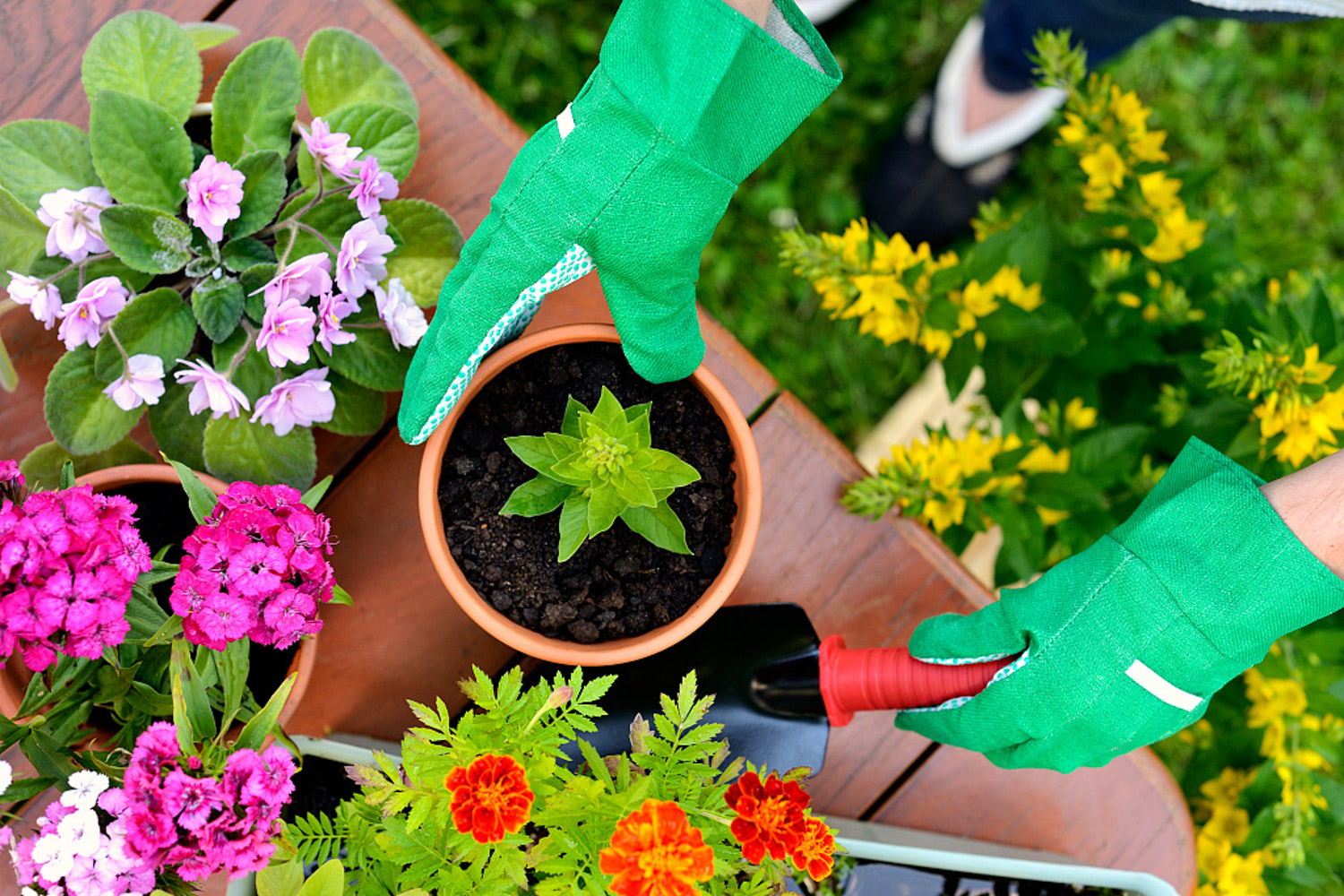
1. Collect the usual eggshells

2. Dry in the sun for a few days
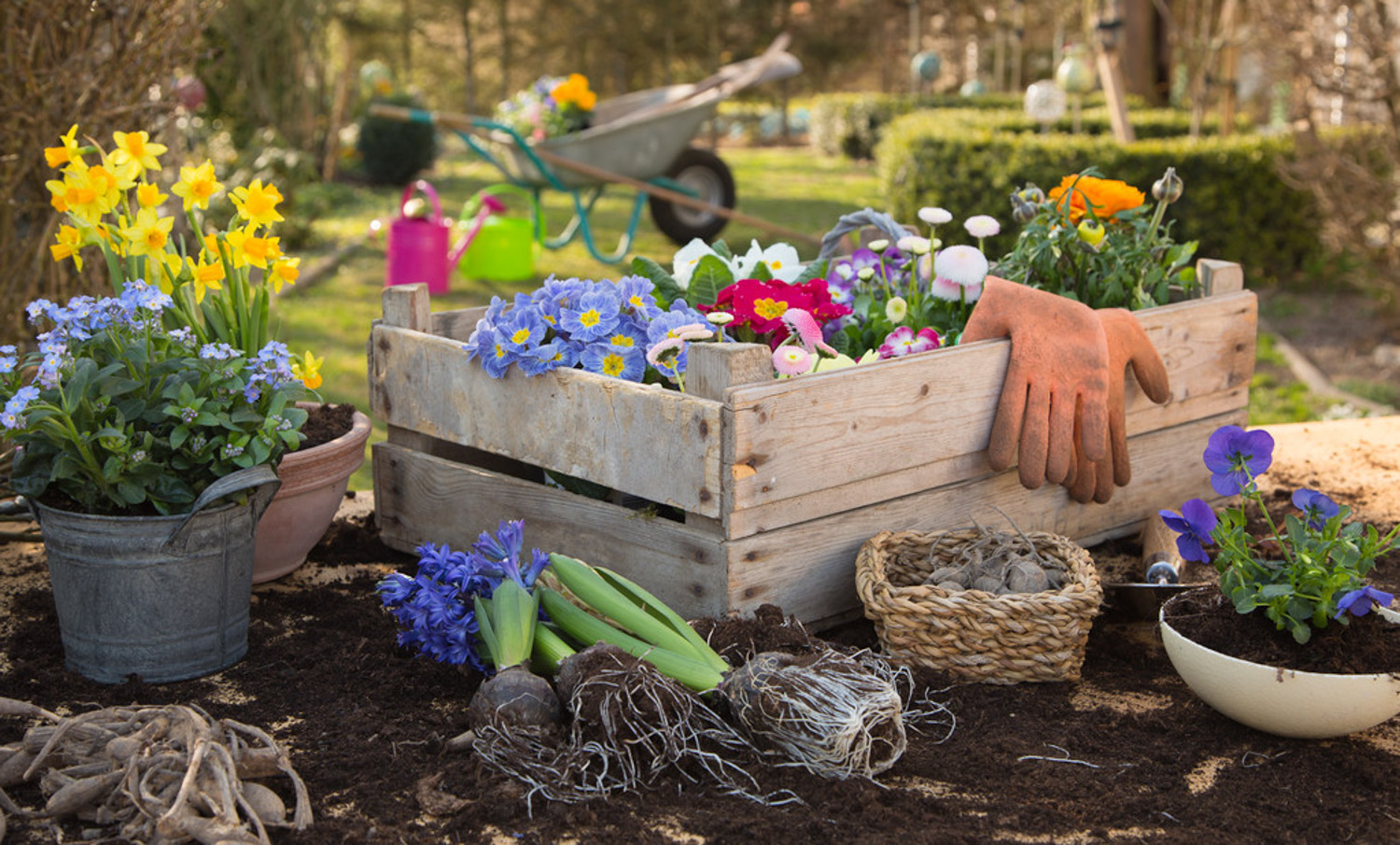
3. Mash
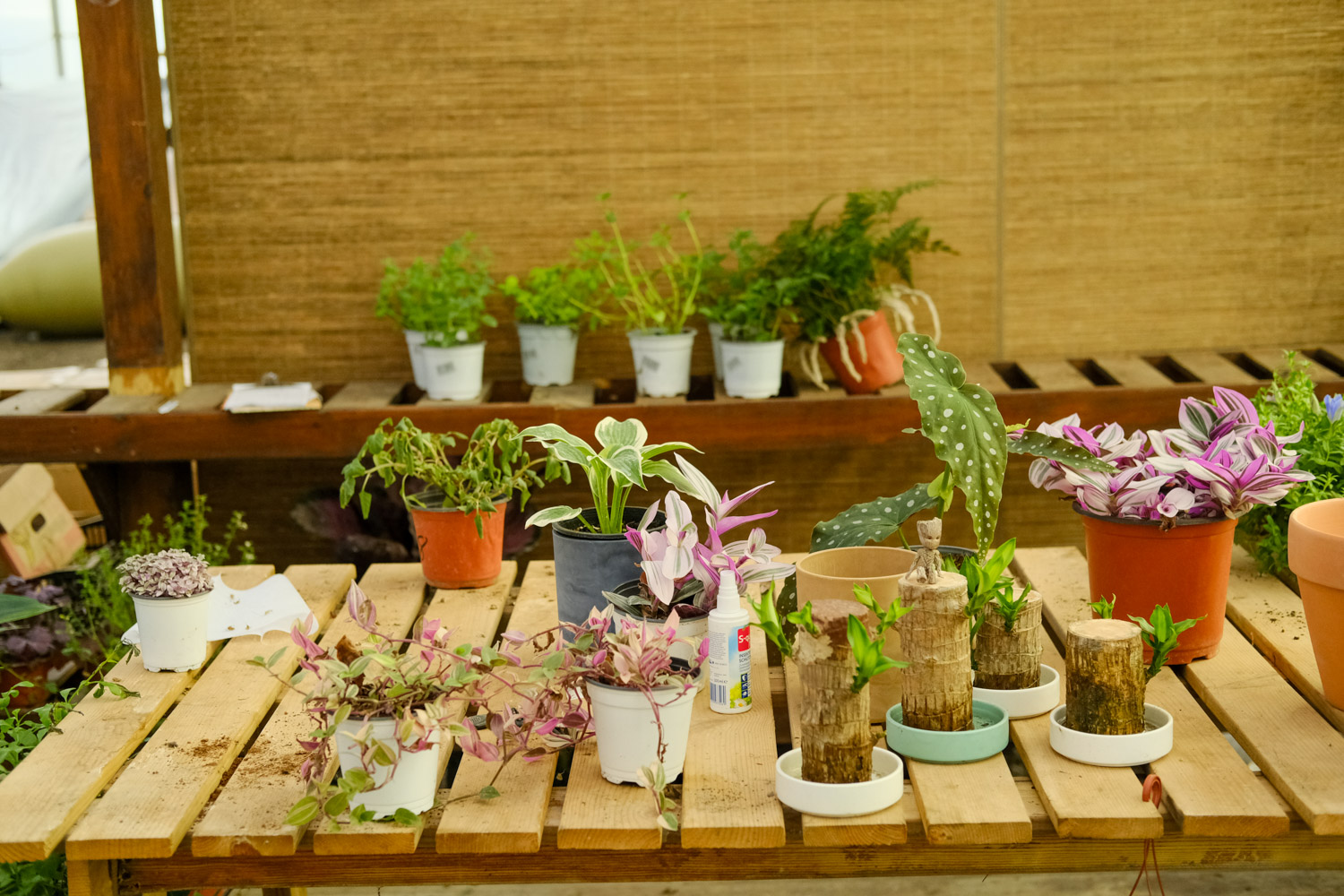
4. Sprinkle in the basin soil

Yogurt water
Yogurt has high nitrogen content and is acidic, which is especially suitable for foliage plants
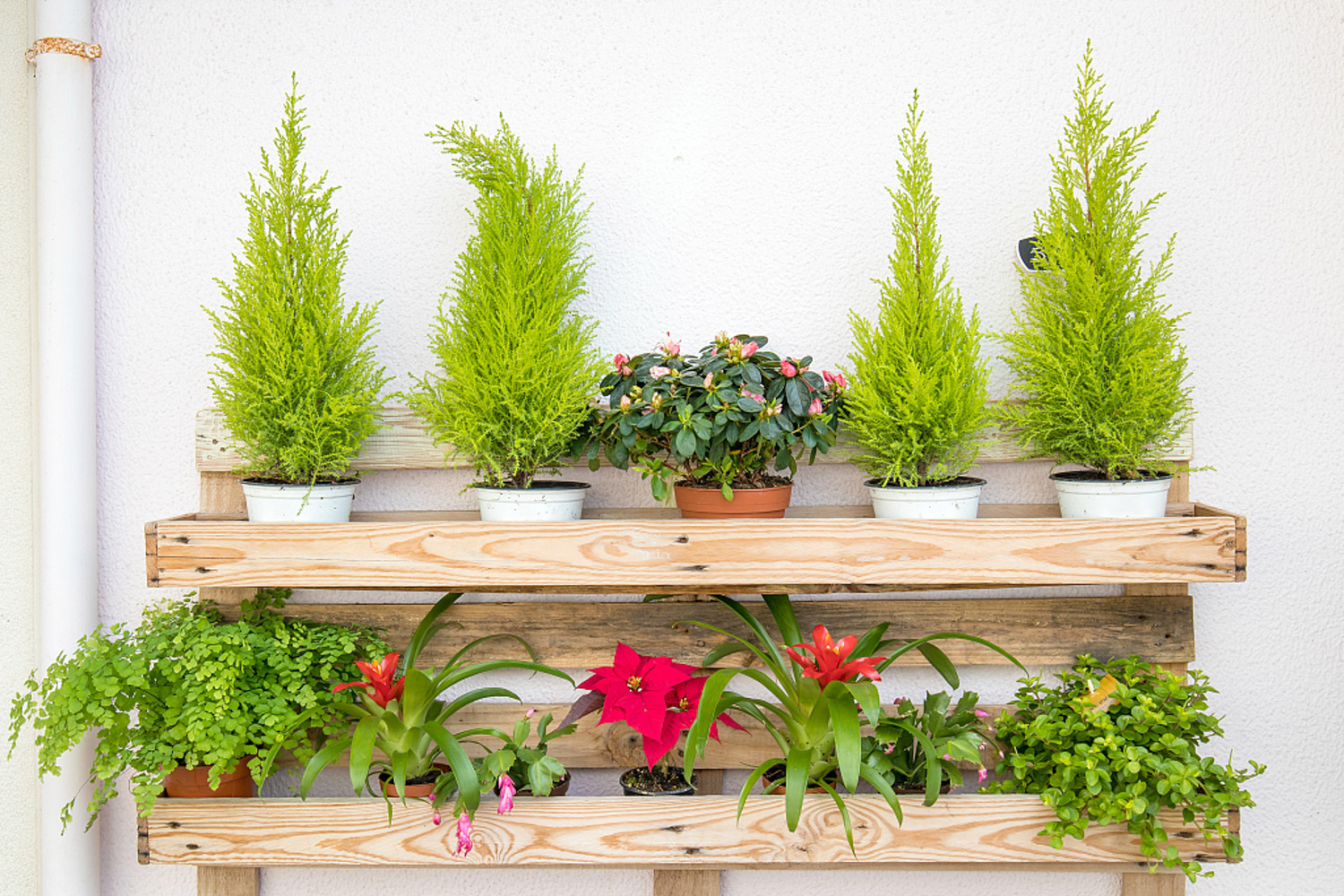
1. Direct use
After drinking yogurt, rinse the sour milk bottle with water. You can pour it directly on the surface of the basin to make flower fertilizer

2. Fermentation use
Mix the water for washing the yogurt bottle with broken egg shell and rice washing water, seal and ferment for 7-10 days
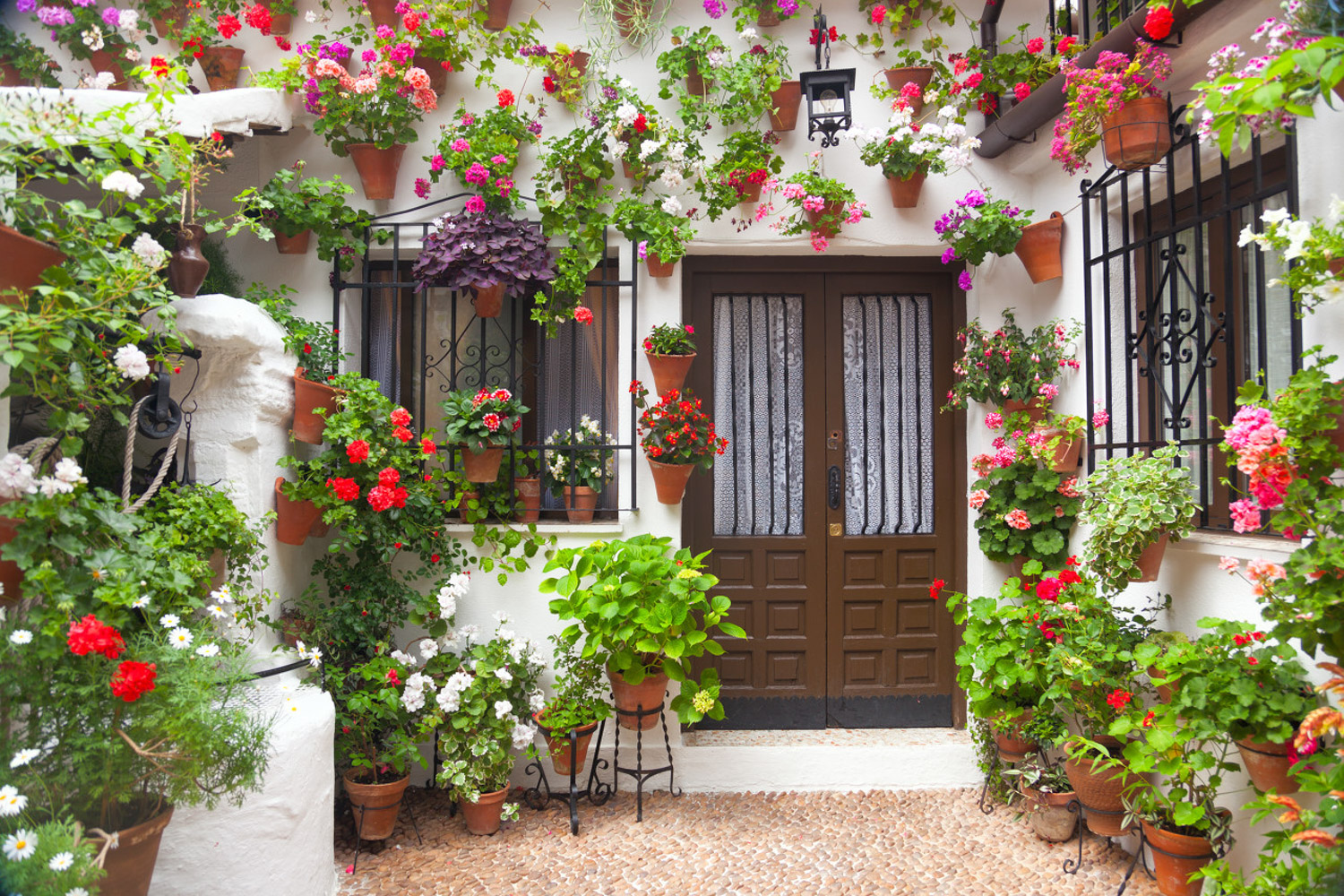
Expired milk
Milk contains protein, fat, calcium, potassium, iron and manganese, which can be absorbed by flowers and plants to promote growth
Fermentation use
The expired milk is packed in a clean container and fermented in a sealed manner for about 10 days. You can also add a few drops of yogurt to shorten the fermentation process. When in use, water the flowers with water

Rice washing water
There is bran and a small amount of broken rice grains in the rice washing water, which is rich in phosphorus, nitrogen and other nutrients necessary for the growth of flowers and plants, which is beneficial to the growth of flowers and plants
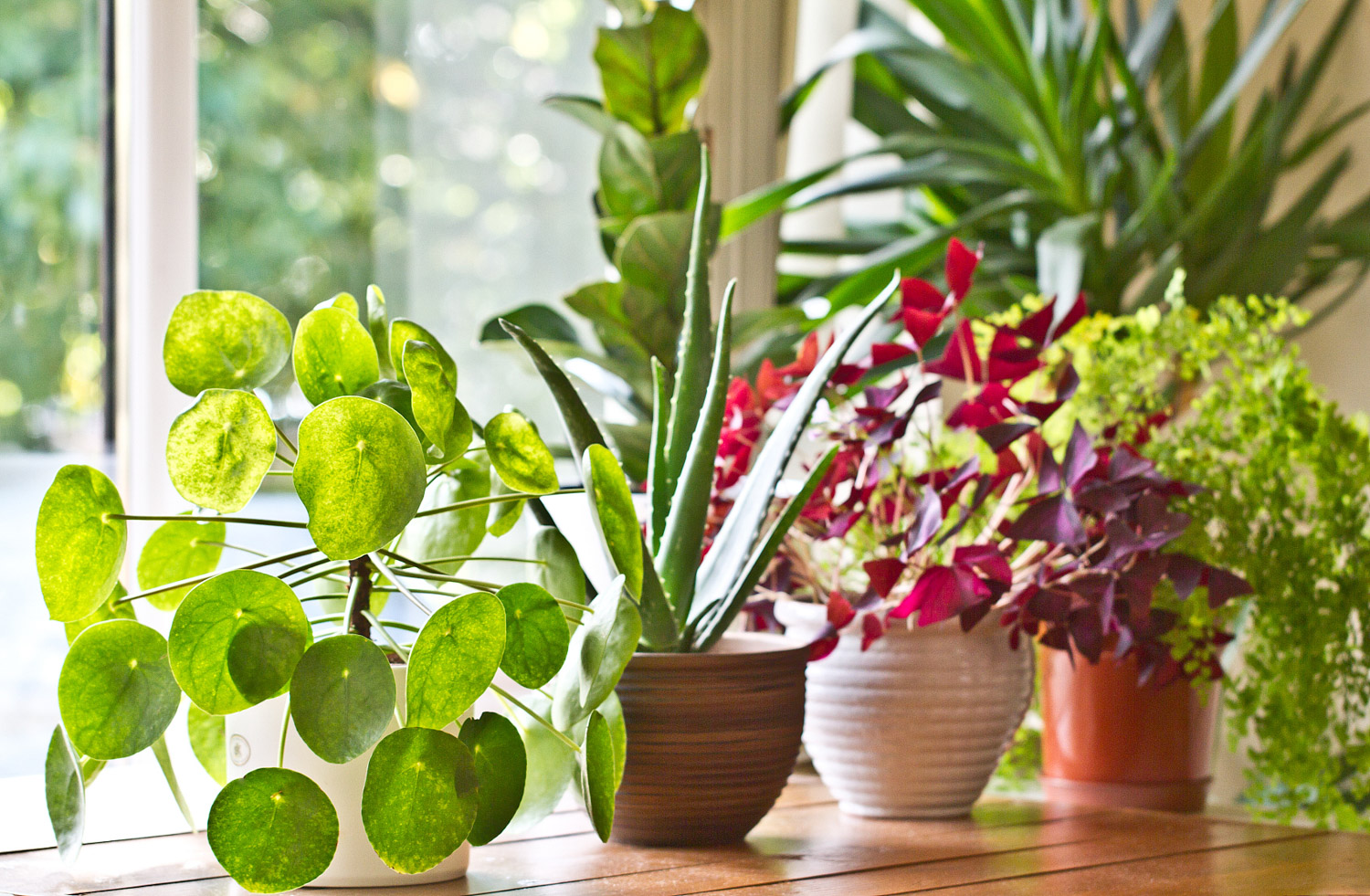
Fermentation use
The rice can be collected and fermented for about two weeks. When in use, dilute with water and water the flowers
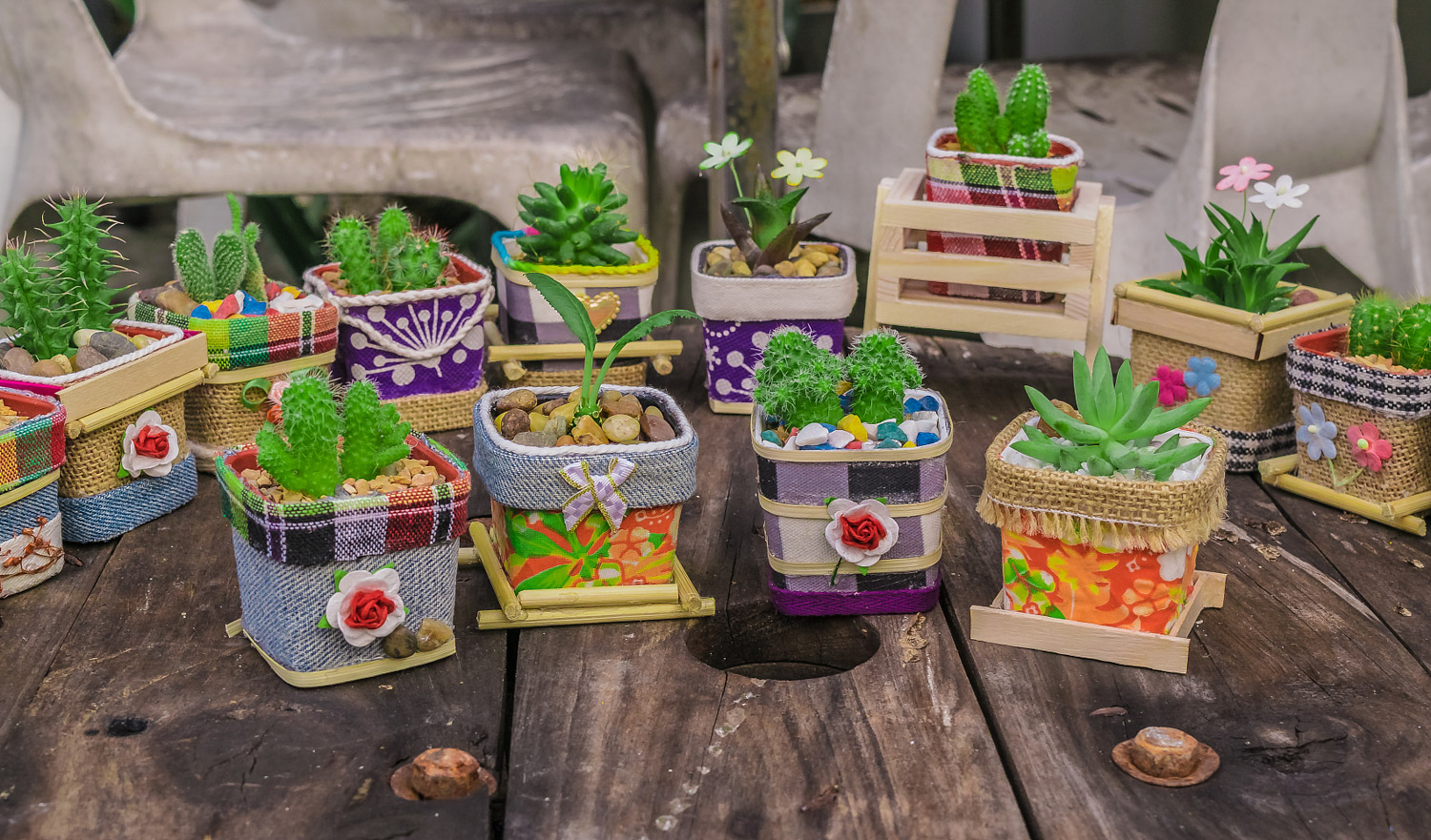
Peanut cake
Peanut cake is a by-product of peanut oil extraction. It can become a high-quality organic fertilizer. It has high nitrogen content, can decompose rapidly after being applied to the soil, and the fertilizer effect is rapid
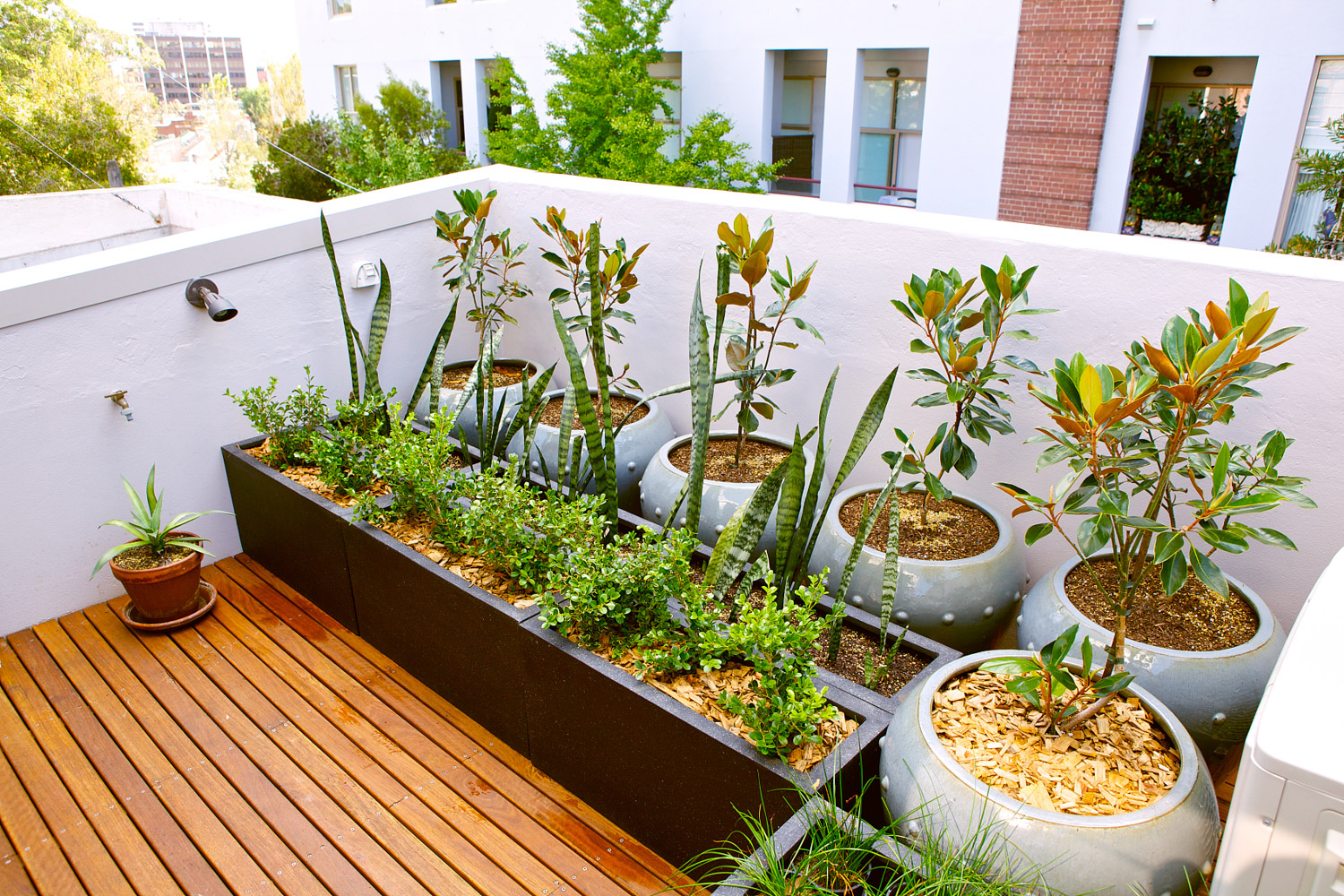
1. Retting liquid fertilizer
Smash the peanut cake, mix it with ferrous sulfate, add water, add orange peel to taste, seal and expose to the sun for about four months. When in use, pour the supernatant and water the flowers
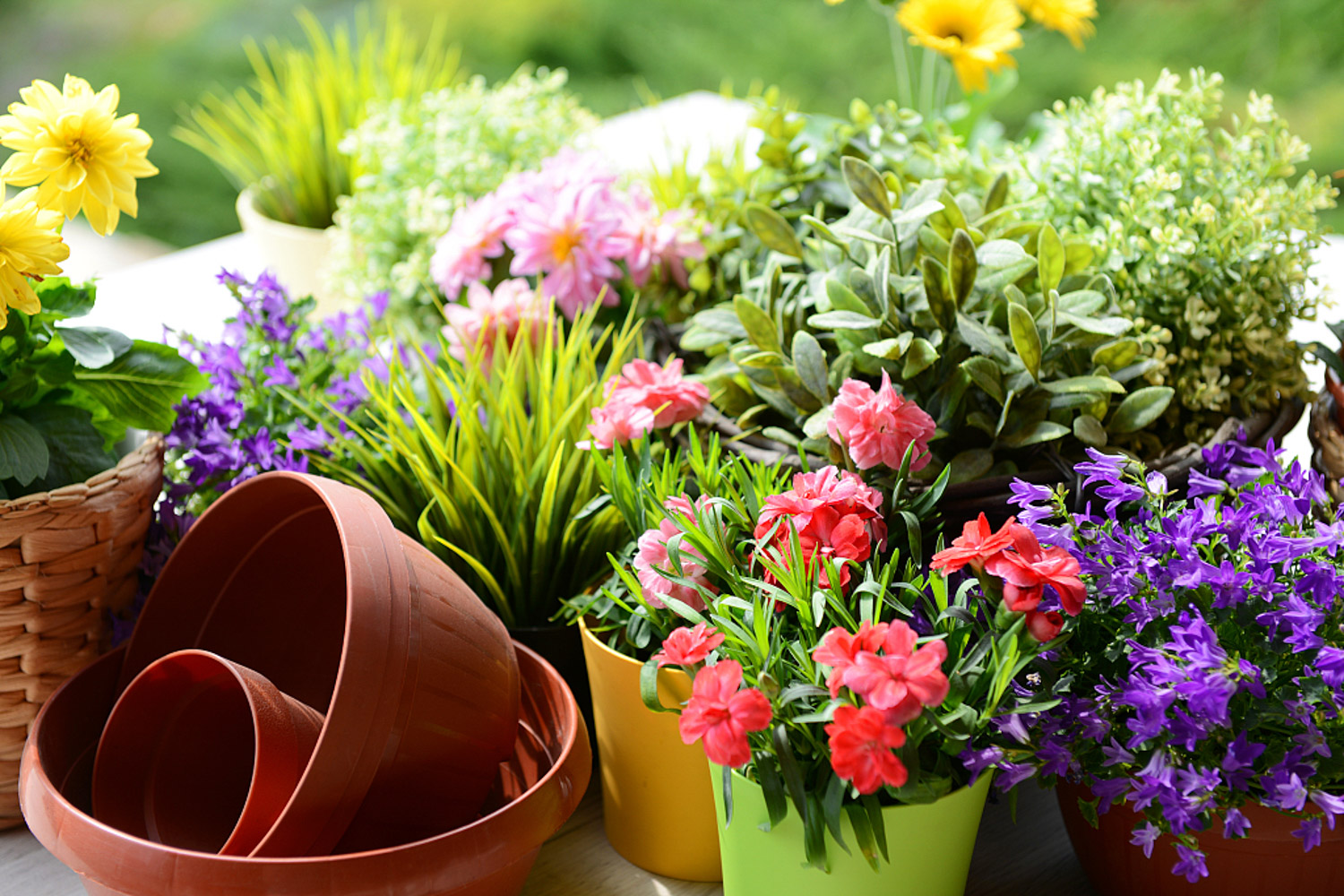
2. Submerged fermentation
A layer of peanut cake and a layer of soil should be mixed for more than a year

Sesame cake
Sesame cake is the residue left after sesame oil extraction. It has high organic matter content and rich nutrition. It can be used as fertilizer for flowers and plants after fermentation

1. Fermentation with water
Smash the sesame cake, put it into a clean container, cover the surface with water, add orange peel to remove the taste, and seal it for storage. After about four months in the sun, the fertilizer has no odor, that is, it can be used by mixing the supernatant with water

2. Submerged fermentation
The sesame cake is crushed, put into plastic bags and buried in the soil for more than a year

Don't throw away these things in the future
Using them to make flower fertilizer is simple and convenient
It can also make your flowers flourish< span>

 how many times do yo...
how many times do yo... how many planted tre...
how many planted tre... how many pine trees ...
how many pine trees ... how many pecan trees...
how many pecan trees... how many plants comp...
how many plants comp... how many plants can ...
how many plants can ... how many plants and ...
how many plants and ... how many pepper plan...
how many pepper plan...



























